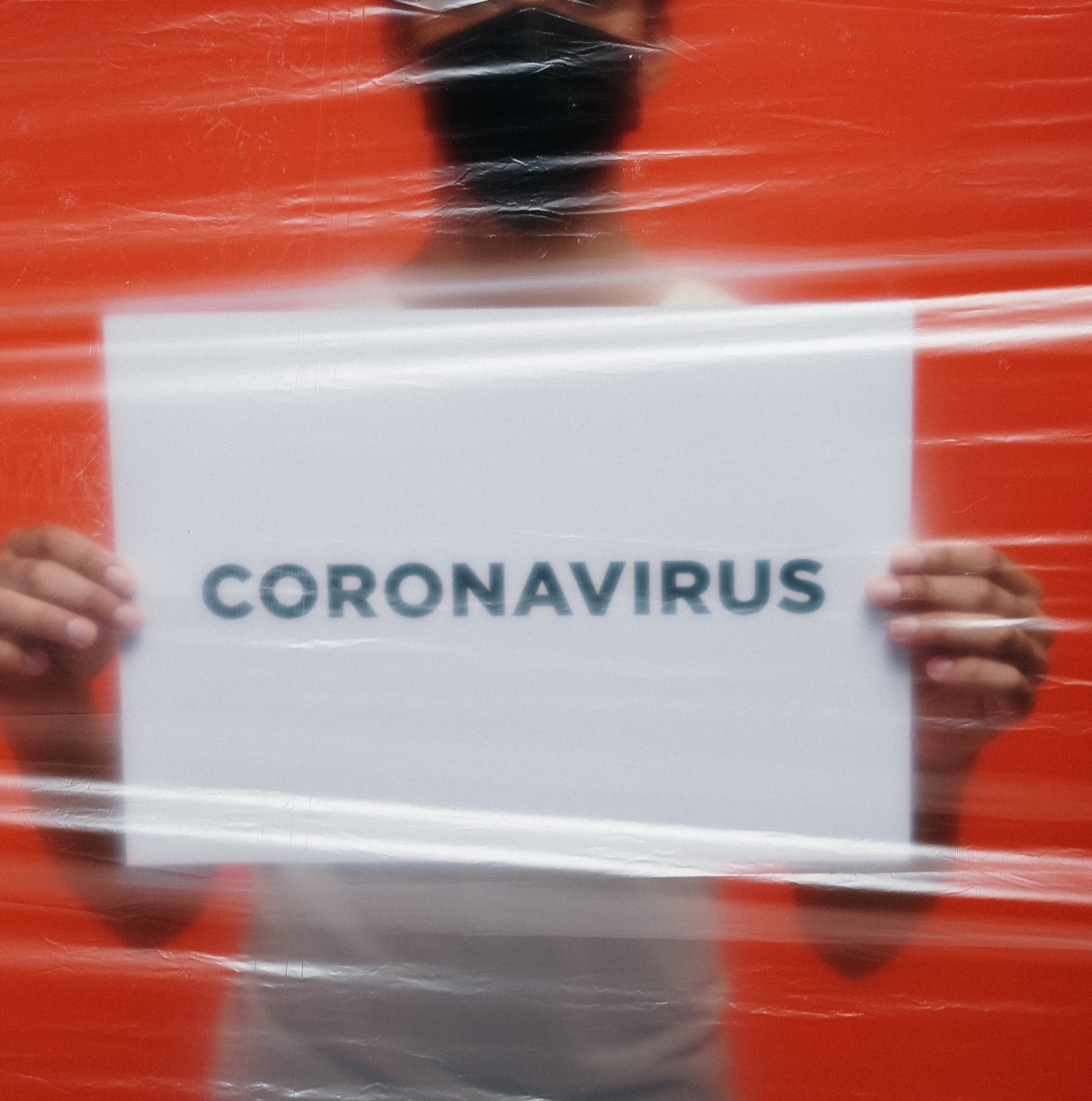
Widespread wage cuts and layoffs across Indonesia will cause negative human rights impacts that will far outlast the COVID-19 pandemic, if the government does not protect the right to an adequate standard of living, said Amnesty International Indonesia in a new report today.
The new report, COVID-19 and its human rights impact in Indonesia, shows that the negative impacts on workers are most severe in categories of work where people are unable to practice ‘social distancing’ or work from home, such as factory and mine workers.
Data from the Ministry of Manpower (20 April) reveals that 2.084.593 workers from more than 100.000 companies have been affected by the outbreak. In detail, around 1,5 million of them come from formal sector while the rest contributed by informal sector.
“It’s clear that COVID-19 and the government’s response pose a clear danger to the rights of millions of Indonesian workers,” said Ari Pramuditya, Amnesty International Indonesia’s researcher.
“The government must urgently guarantee access to social security benefits for workers who are losing income due to the pandemic in a manner that guarantees their right to an adequate standard of living.”
“These benefits should cover access to adequate food, health care, housing, water, and sanitation, which will allow workers to comply with the policy of large-scale social restrictions.”
Informal sector, covering most Indonesian workers, at particular risk
Researcher of Amnesty International Indonesia Ari Pramuditya said, the outbreak has also affected informal workers, daily wage earners, and low-income workers — most of whom are not covered by the social security system. According to the data from the Indonesian Institute of Sciences in 2019, 57% of Indonesia’s population is working in the informal sector.
“Indonesian authorities must ensure that companies comply with international human rights standards if termination of employment become inevitable. Any loss of income as a result of the layoff must be covered by assistance from the government that fulfils the criteria under the right to social security,” Ari said.
“Workers must be enabled to work from home and for those unable to work from home, the Government must issue guidance for employers to ensure they provide workers with the necessary equipment and infrastructure to protect themselves from infection,” Ari added.
Health workers at risk
The newly launched report also found that health workers are particularly at risk. The slow distribution process of personal protection equipment (PPE) in various regions is putting health workers in Indonesia at risk.
Recent reports indicate that there are 46 doctors and nurses have passed away as a result of either COVID-19 infection or fatigue due to long working hours. Moreover, statistics indicate that additional health workers have contracted COVID-19 nationwide, including around 150 in Jakarta.
Furthermore, the Indonesian Government has not released data relating to the numbers of health workers infected by COVID-19. This situation undermines the right to information as contained in the International Covenant on Civil and Political Rights (ICCPR), which Indonesia has ratified.
“Human rights should be at the center of COVID-19 prevention, preparedness, containment, and treatment measures, in order to protect public health and support people at the highest risk of being infected,” Ari argued.
The importance of freedom of expression during outbreak
It is important to recognize that both the COVID-19 pandemic and the measures introduced to contain it have significant human rights consequences, including with regard to the rights of health workers, the right to information, the right to work, and the right to social security. In the report, Amnesty International Indonesia analyzed how these rights are being impacted in Indonesia today.
Other important aspect being impacted is freedom of expression. There have been at least 53 people accused of spreading “false news” and insulting the President and his administration related to COVID-19 verified by Amnesty. While police claimed they are currently handling 99 cases of corona-related hoax.
There are concerns on the possibility of criminalization towards more people who spread “false and misleading” information as well as criticize the Government’s response to COVID-19, especially after the police in several provinces have conducted intensive cyber patrols, such as West Java Police, Salatiga Police, Sangihe Police, Cimahi Police, Barru Police (in South Sulawesi), Banyumas Police, and other provinces.
“Policies that are incompatible with the right of freedom of expression must be avoided. These blanket prohibitions on the dissemination of information based on vague and ambiguous concepts, such as “false news” or “spreading misinformation”, will have a chilling effect on the population and the media and eventually leading to self-censorship out of fear of reprisals.”
“Especially for the media, who plays a crucial role in informing the public about the factual situation and measures taken by Governments in response to COVID-19. Its capacity to operate should not be restricted for carrying out their legitimate activities,” Ari said.
Background
Under international law, workers with various occupational status and sectors are all entitled to the right to health without any discrimination, in accordance with Article 12 of the International Covenant on Economic, Social and Cultural Rights (ICESCR). Paragraph 12 (b) General Comment No. 14 of Article 12 of the ICESCR states that access to health services must respect the principle of non-discrimination, to ensure the fulfillment of the right to health for all, including workers.
This principle also provides that health services must be accessible to the most vulnerable or marginalized sections of the population. In the context of the COVID-19 pandemic, labour-intensive workers and workers in temporary contracts or informal sectors are very vulnerable to COVID-19 infection because in the absence of adequate government support and guidance to employers on protective measures, they might have no choice but to continue to work in conditions that pose a risk to their health.
In addition, Paragraph 16 of General Comment No. 14 to Article 12 of the ICESCR explains that control of the epidemic is also part of the right to health, which includes prevention programs and other strategies to control infectious diseases.
